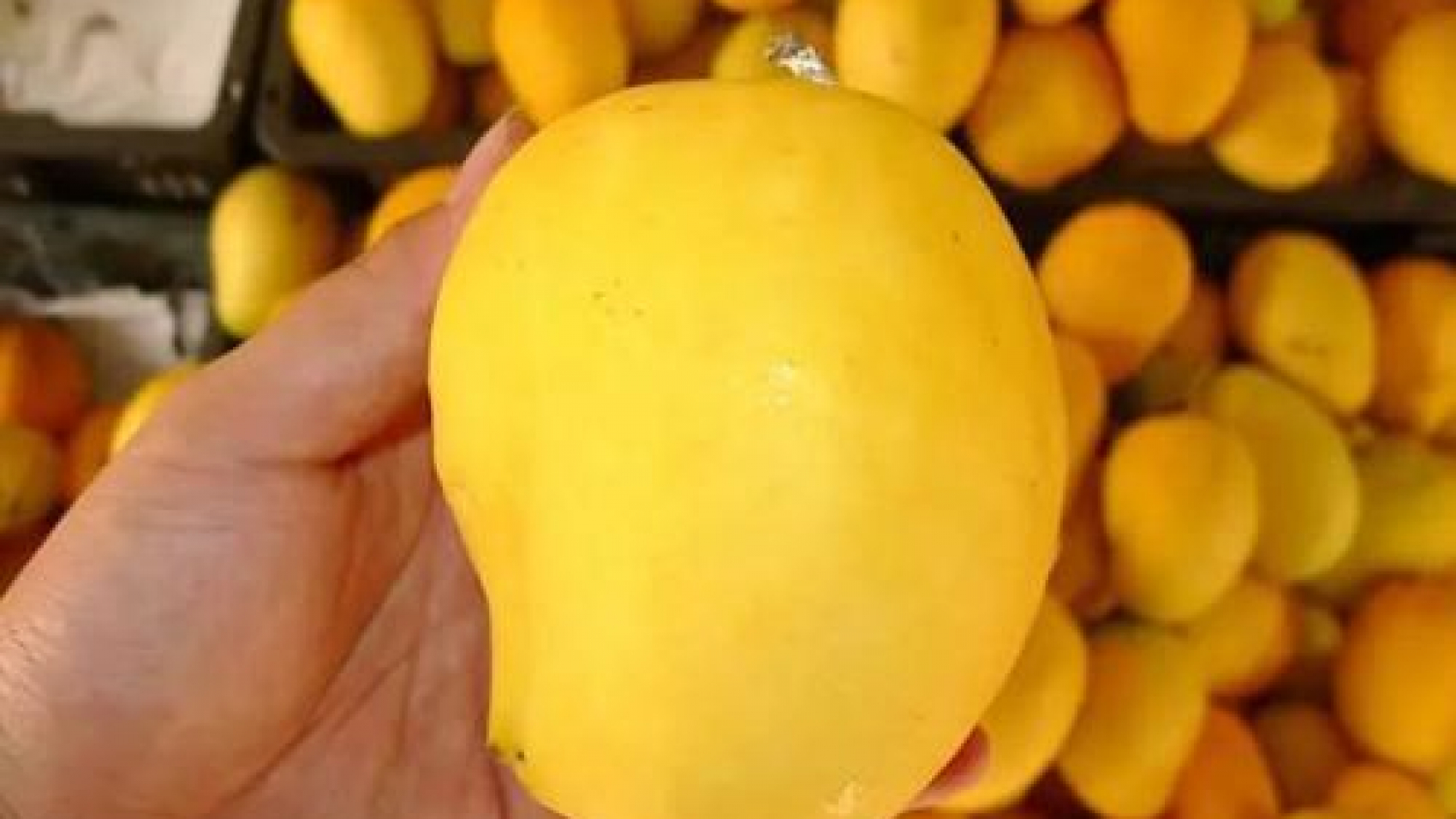Myanmar’s mango growers had better focus on quality control in order to maintain market share, in China said U Kyaw Soe Naing, general secretary of the Myanmar Mango Market and Technology Development Association (Mandalay). Approximately three to four truckloads of Seintalone mango are daily exported to China. Quality mango export is required to hold market share. “The growers must deliver mango that meets quality standards and norms. Some growers carried out early harvesting of the mangoes without reaching the maturity stage as they’re worried about possible damage in strong wind. Those fruits cannot assure market share in China. It could lead to negative impacts on other growers as well.
The mango growers should ensure quality to have a sustainable export market and maintain market reputation,” said U Kyaw Soe Naing. The prices of mango touched a high of 120-160 Yuan per 16-kilogramme. As mango is perishable good and delay can harm fruit quality, the authorities concerned are making efforts to transport the mango as soon as possible. It takes only three days for shipment, U Kyaw Soe Naing continued. Myanmar’s mango exporters are facing challenges such as delays triggered by the virus policy, customs policy impeding the exports and high transport costs to enter China. Therefore, some growers are enthusiastic to distribute them only in the domestic market, said Sai Khin Maung from the Khwanyo fruit depot.
Good Agricultural Practices are required for mango exports to China. Moreover, the growers and workers have to strictly adhere to COVID-19 preventive measures such as washing hands, wearing masks and gloves, and sanitation in the packaging process, according to the Khwanyo fruit depot. Of about 200 mango varieties that originated in Myanmar, Seintalone, Shwehintha, Padamyar Ngamauk, Yinkwe, and Machitsu varieties are primarily grown. The foreign market prefers Seintalone varieties. Ayeyawady Region possesses the largest mango plantation acres, having about 46,000 acres. Bago Region is the second-largest producer with 43,000 acres and Mandalay has 29,000 acres of mango. There are over 24,000 acres in Kayin State, over 20,400 acres in Shan State and over 20,000 acres in Sagaing Region, according to the association.
Source: The Global New Light of Myanmar

